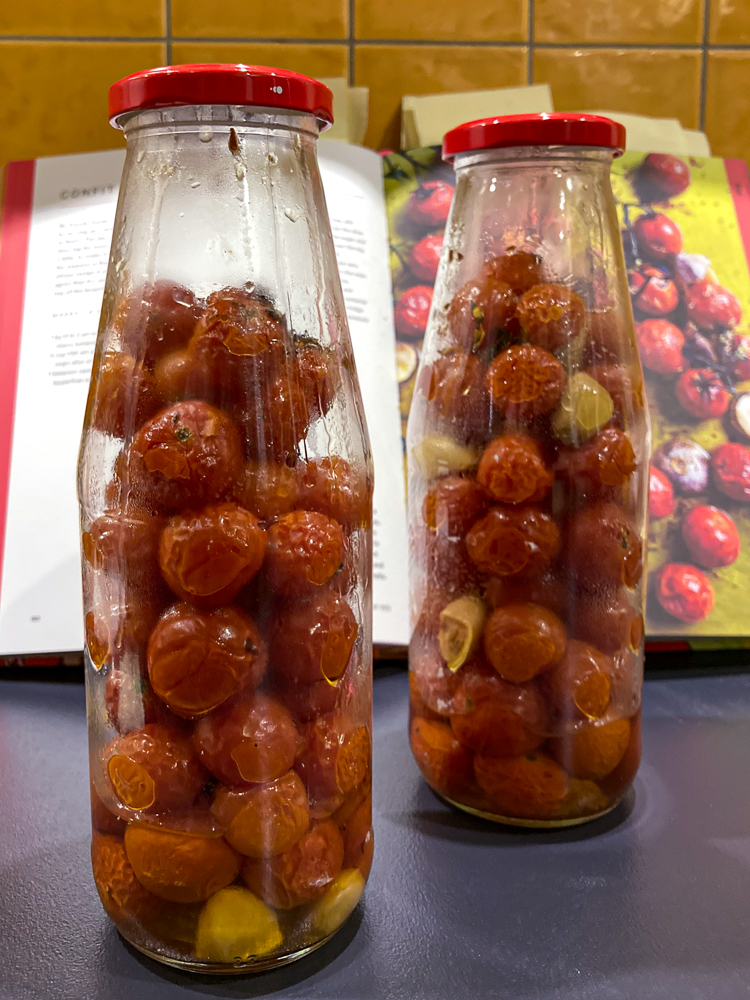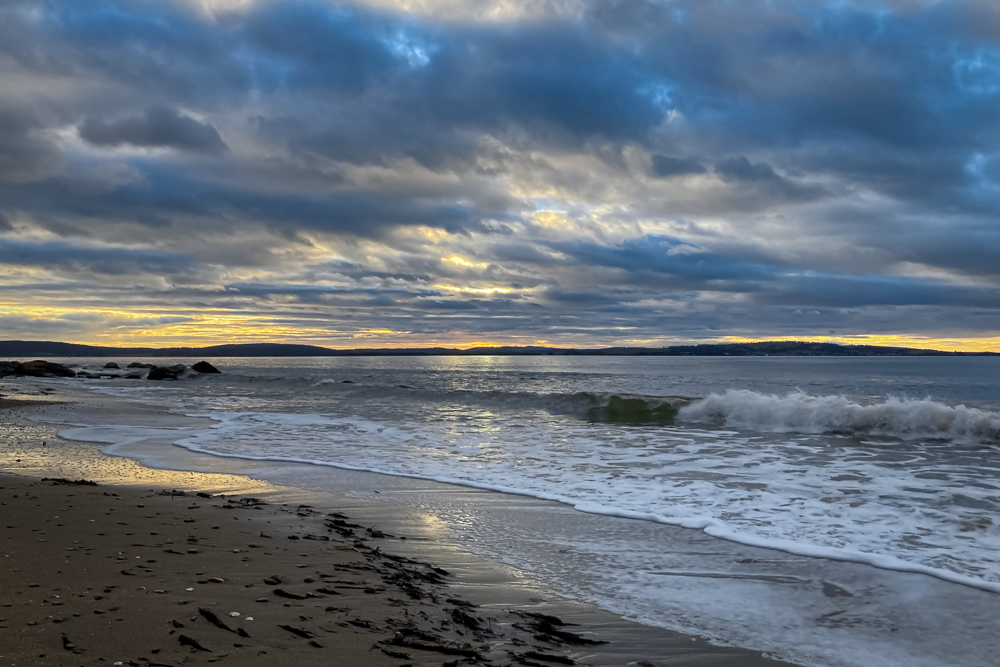Week 46/2021: a frustrating week
Week of 15 November 2021
A frustrating week
Following last week’s post about building in buffer and recovery periods during your day so you can come to your work at your fullest capacity, this week has felt like a continuation of the last two. I’ve felt like I have less capacity than normal to do things and to cope with unexpected things, and there have been some things that have taken a big hit on me, so I’ve ended the week feeling rather depleted.
I listened to another podcast from David duChemin earlier in the week (A Beautiful Anarchy Episode 76: A Word with Pareto) that related to his previous podcast on needing more than time to do our nest work. David talked about the Pareto Principle, which is the idea that the best 80 per cent of your work comes from 20 per cent of your effort and that 80 per cent of your effort is spent on things that only deliver 20 per cent of your results.
Sounds like a massive waste of effort, right? Wouldn’t you be better off putting more of your effort into the things that yield you the most valuable results and spending less time on the frivolous 20 per cent?
That’s one way of looking at it, but David has a slightly different take.
He suggests that the 20 per cent of your time is about the right amount of time to spend on the really important things, the “big rocks” in your day or your week, and that if you try and do more than that, you risk burning out and exhausting yourself. He says rather than considering the 80 per cent as fat to be trimmed, we might look at it as “real life”. He asks, what if the 80 per cent is the space that he was talking about in the previous episode? The space to do the things that don’t matter, that are trivial or even fun but aren’t things you need to focus deeply on? The things you don’t need to have a lot of mental and emotional capacity to do.
David suggests rather than trying to do more of the deep work, that we make a small amount of that work a priority, guard the time we allocate for it zealously, and get in there and do that work to the best of our ability. And then, knowing we’ve done the good work and have depleted our energy, we can quite happily engage in the less taxing stuff, we can rest, sort emails, read, do the dishes, mow the lawn, answer emails, file stuff, whatever we have to do that we feel is taking us away from our “real work” without the guilt at not being “productive”. We can do this because (a) we’ve done the work and (b) we can’t do any more than that without completely burning ourselves out
Sounds good in theory. How does it work in practice and how am I going to try it to find out? That’s what I’m going to work on next week.

21 for 2021 update
A bit more to report this week!
In Praise of Veg (thing 2)
This week I made the Confit Chilli Tomatoes (page 180 of In Praise of Veg), which requires a kilo of truss cherry tomatoes.

You can use these in all sorts of ways. I got some ciabatta and some bocconcini and used some of them for bruschetta (which, thanks to Mamma Rosa, I now pronounce correctly).

Kramstable’s videos (thing 8)
I’ve finished the first draft of the second video I hoped to get finished this year and gave it to Kramstable to quality check. He picked up a few things I need to fix, but in the meantime I started work on the next video in the series.
My mother’s story (thing 9)
I visited Mum and had a look at some more old photos with her. There’s a lot of people she doesn’t know and I guess they are lost to time now. But I liked this one.

It’s my great grandfather and two other British colonialist types. I have no idea who they are or where they are. I imagine it’s around the 1900s, obviously at a train station. If that’s the timing it’s possible it’s somewhere in Singapore. But he looks older than he was when he was in Singapore so it could be somewhere in NSW or even Tasmania in the 1920s.
Brainsparker (thing 17)
While I’m waiting for the next gym* modules to be released I started to make a “key takeaways” note for myself from the modules I’ve completed to date. It reminded me of a couple of things I’d forgotten about, which I wanted to start doing, so it was a good exercise to do from that perspective.
The main ones were reminding myself to diversify my experiences, which has been a key message from so many other things I’ve been reading and hearing, being more observant, especially mourned the more subtle things, and asking better questions.
Maybe I need to become one of those people who carries a notebook around everywhere and writes everything down.
21 for 2021 summary
- Things completed this week: 0
- Things completed to date: 4 (1, 11, 18, 20)
- Things I progressed: 4 (2, 8, 9, 17)
- Things in progress I didn’t progress: 7 (4, 5, 6, 7, 10, 13, 14, 16,)
- Things not started: 5 (3, 12, 15, 19, 21)
What else did I do this week?
I wrote another blog post about last week’s Open House Hobart tours. This one is about St Pius X Catholic Church.
When did I listen and what did I learn this week?
I listened to a podcast with the sleep researcher Matthew Walker from the University of California Berkeley. He said that individual brain cells can go to sleep independently of you. So you can be awake and some brain cells can be sleeping. Mind blown!

What’s on my mind?
In conjunction with thinking about rest and rhythms, I find myself craving a job that lets me work more in balance with my daily rhythms. One that allows me to have down time when my energy is down and create when it’s up. But not just that. I want to be able to get sunlight in the day time and darkness when it gets dark outside. There has to be more to working life than being stuck in a concrete box all day with no variation in lighting or noise, and everything being on all the time. It disrupts my body, it plays havoc with my mind and it drains my soul.
How do we, society, bring our lives back to honouring our most basic needs? And if we don’t because the economy and jobs and growth are more important, and we need to be at work all day working, how and where can I make a life that achieves this for me? Is it even possible? Can I get half way there?
What and where can I start to change?
What I’m reading this week
- Bird by Bird by Anne Lamont
- Untangling you: How can I be grateful when I feel so resentful? by Kerry Howells
- Wrest Point: The Life, The Times and The People of Tasmania’s Hotel by Graeme Tonks and Mark Dibben
- Defying the Enemy Within by Joe Williams
Habit tracker
- Days I went for a walk in the morning (Goal = 7): 7
- Days I did my morning planning routine at work (Goal = 4): 0
- Days I did my post-work pack up routine (Goal = 4): 0
- Days I worked on my art (Goal = 2): 2
- Days I read a book (Goal = 7): 7
- Days I did yoga stretches (Goal = 7): 0
- Days I had a lunch break away from my desk (Goal = 4 work days): 4
- Days I went for a walk or did other physical activity in the afternoon (Goal = 5): 6
- Days I shut my computer down before 9.30 (Goal = 6): 7